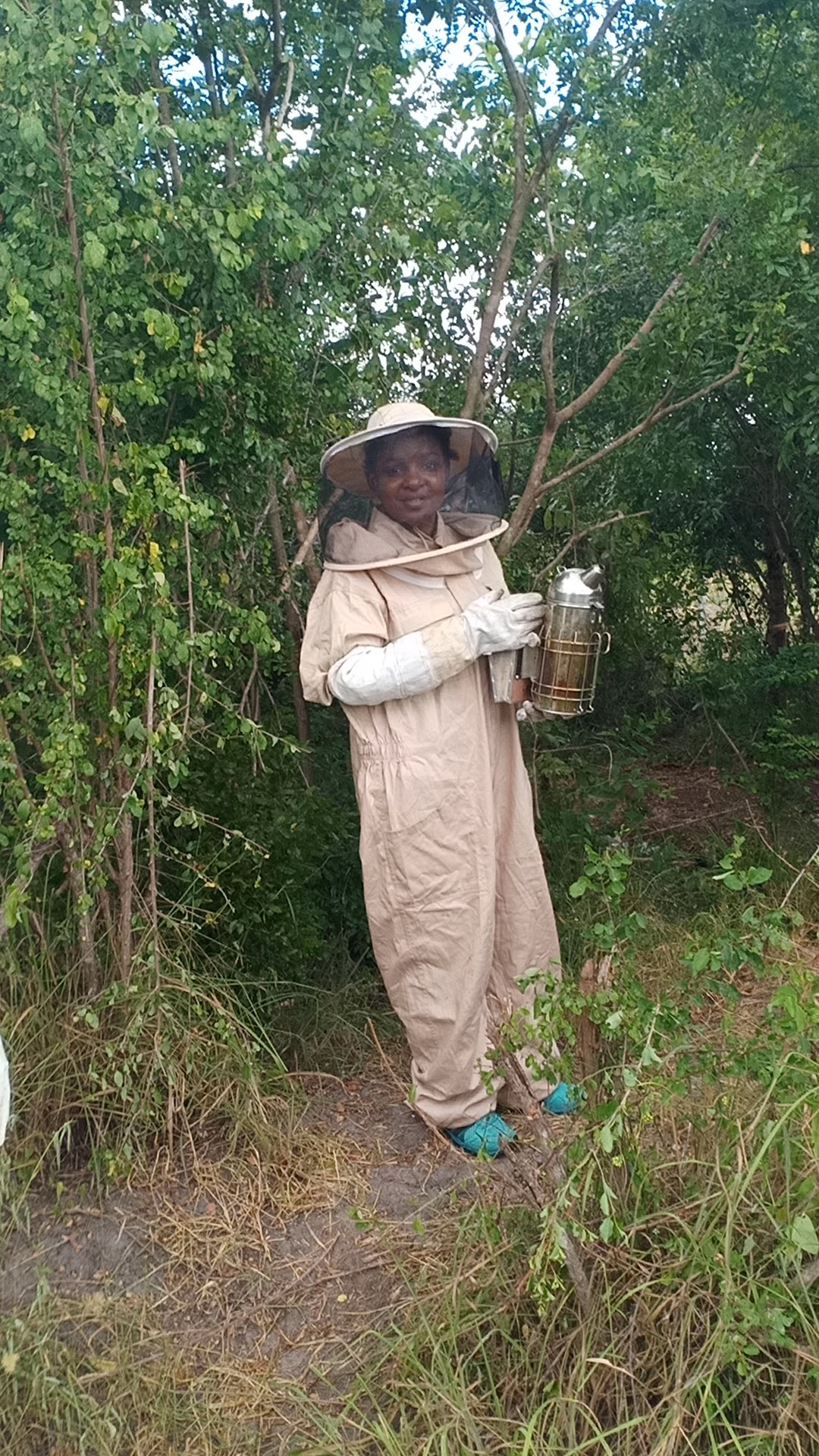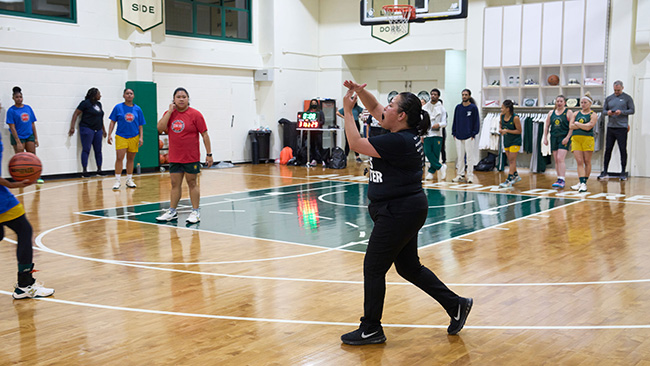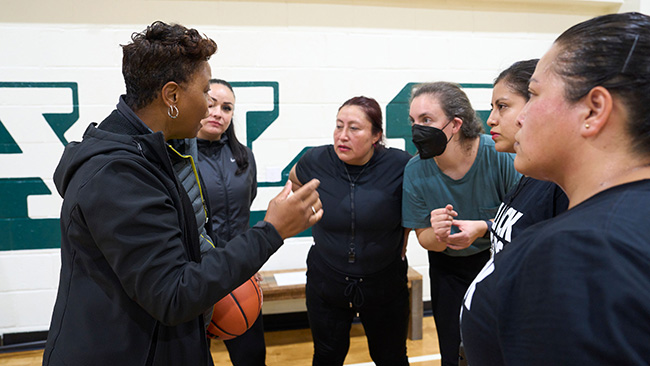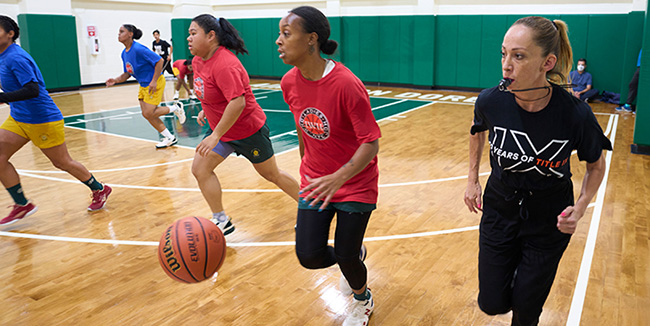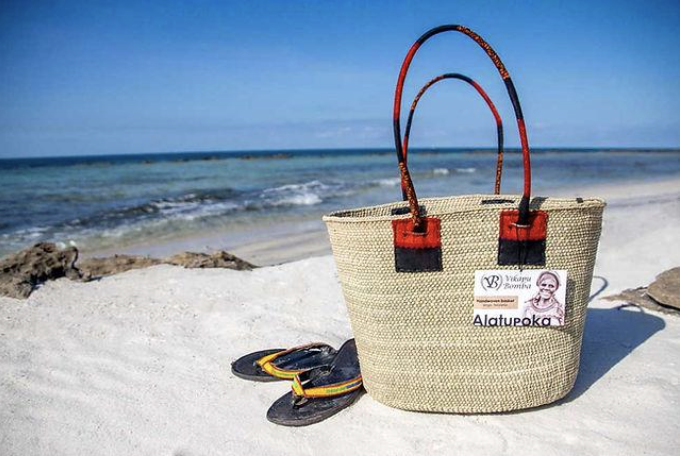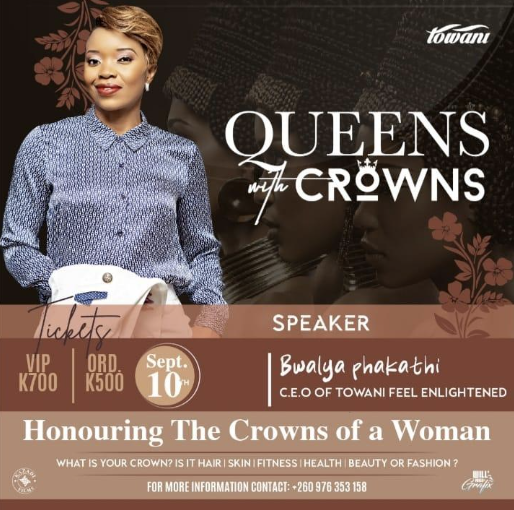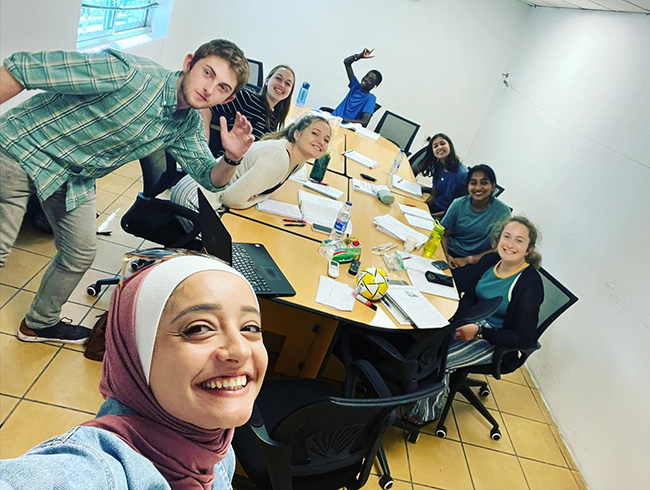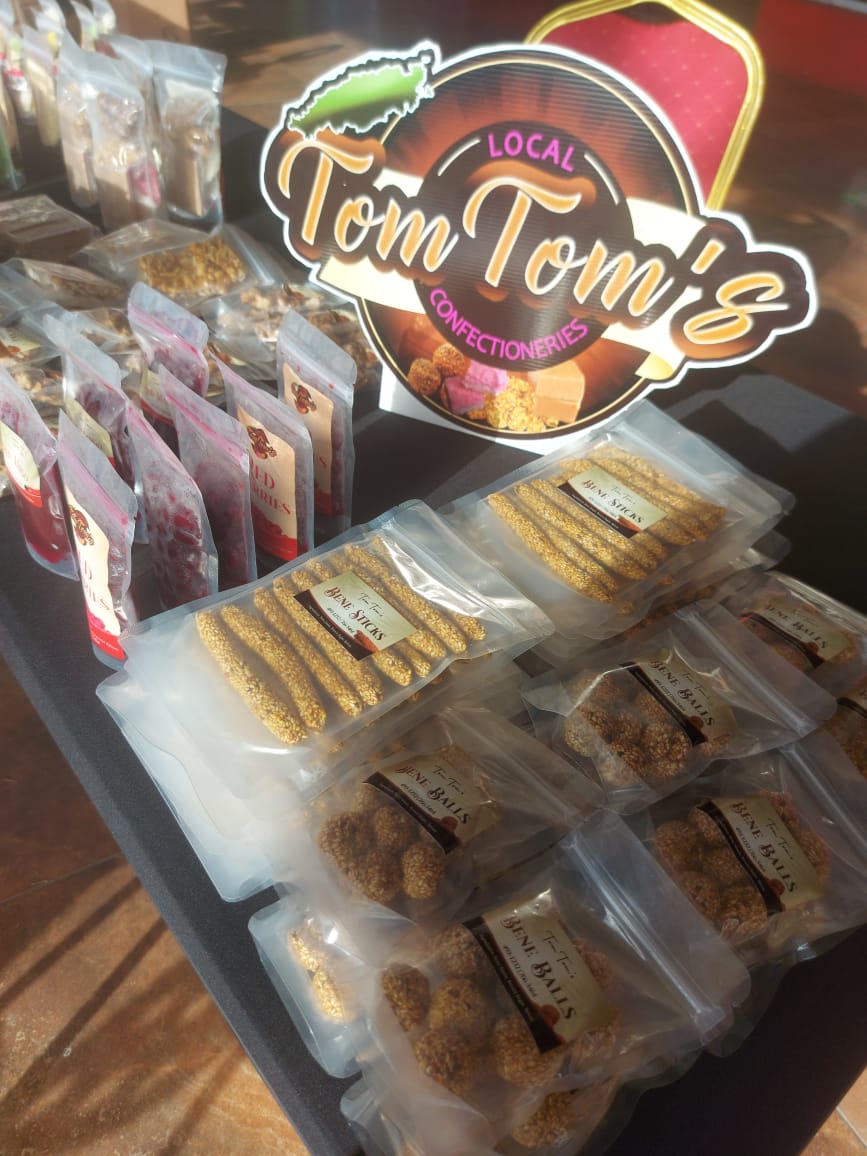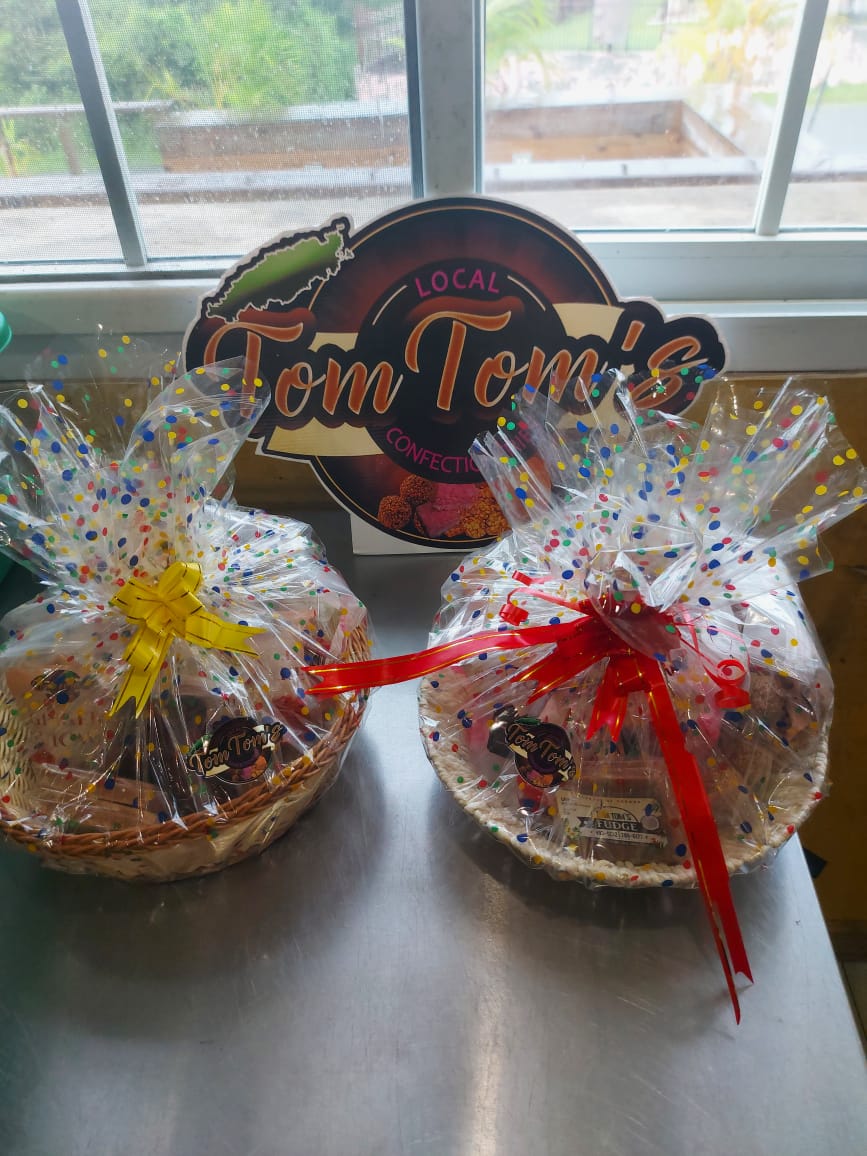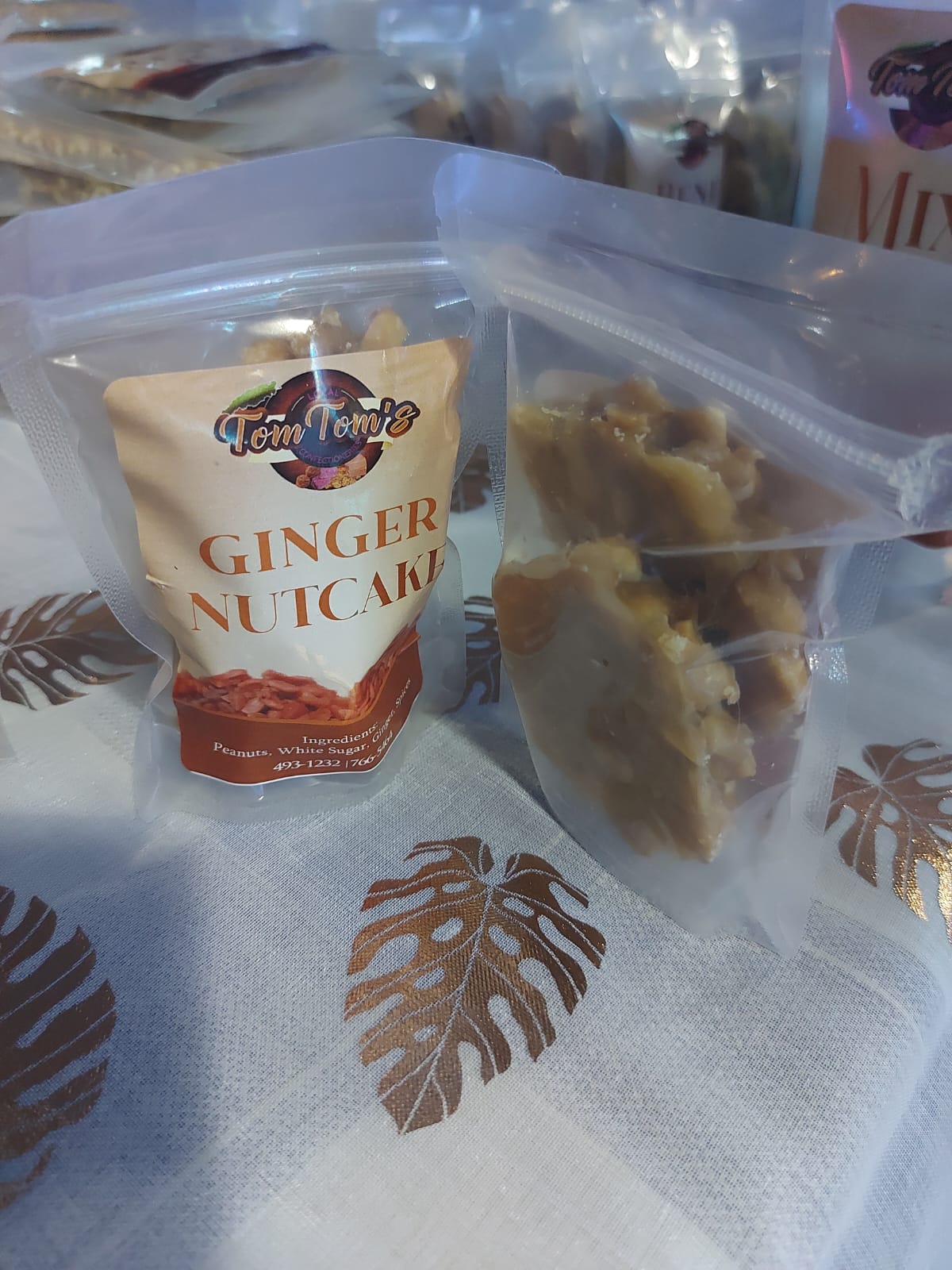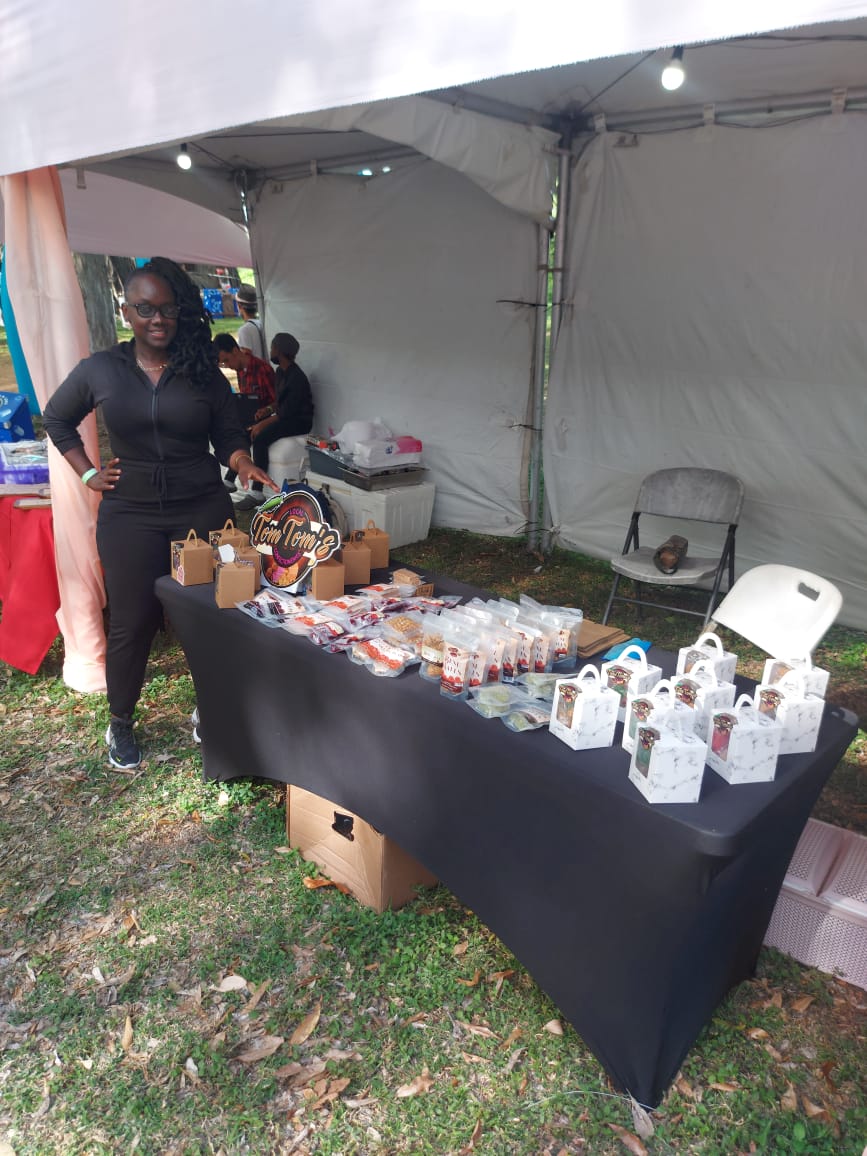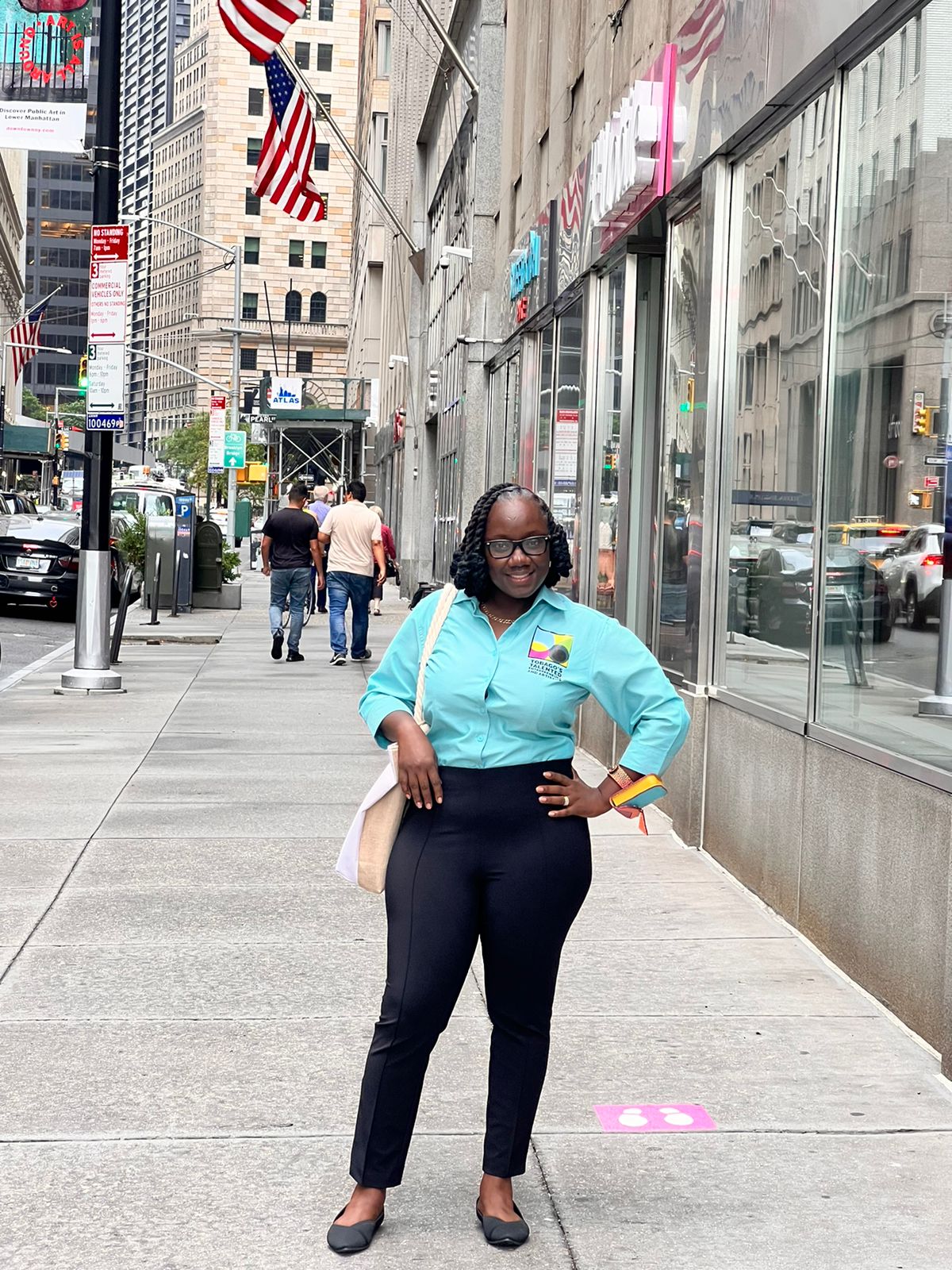Article by Allie Dalola, intern with the U.S. Department of State, currently studying Business Administration and Economics at the University of North Carolina at Chapel-Hill.
|
Salema (pictured in her bee suit) is passionate about beekeeping and her community. She has been keeping bees for over 10 years. |
[Dar Es Salaam, November 2022] For more than 10 years, Lightness Salema has been turning her passion for beekeeping into a way to alleviate poverty in Tanzania. That’s what her business, Dream Developers, is all about.
In 2011, while working in her former job as an engineer, Salema identified a critical opportunity to utilize her hobby of beekeeping to increase crop yields and help feed the people of her country. According to research published by Statista in 2022, about 1 in 10 Tanzanians face food instability. Salema wanted to help.
“Without bees, there’s no pollination for vegetables or fruits,” she explains. “There's no food.” She started out with only a few hives and a dream, and then began selling the honey she produced. And just like that, her business was born.
“I started my company Dream Developers with a vision of developing various dreams into realization, including my own,” Salema explains. “And my dream was to do beekeeping.”
| Beekeeping is critical to the future of Tanzanian agriculture. Salema is pictured here with several other Tanzanian beekeepers. |
This dream was taken to the next level in 2019 when Salema joined the U.S. Department of State’s Academy for Women Entrepreneurs (AWE), which uses the DreamBuilder online learning platform developed by Arizona State University. This free, publicly accessible platform taught her core business skills like strategic planning, accounting and marketing.
| Salema had the opportunity to share her product with U.S. Ambassador Donald Wright at the Dar es Salaam International Trade Fair in July 2022. |
On top of that, Salema became part of AWE’s expansive network of local business leaders, mentors and U.S. government exchange alumni, who taught and inspired her with their own business experience in Tanzania.
Salema says that her AWE experience “transformed” her. It boosted her ability to sell honey by helping her create a recognizable brand. A grant from the U.S. African Development Foundation, who partners with AWE to provide seed funding to alumnae, also helped her to develop packaging that is appealing and stands out to buyers.
| AWE helped Salema develop eye-catching packaging and a colorful logo for her honey. |
“When people see my honey, they say it’s nice before even tasting it,” she explains. “It sells itself!”
After graduating from the AWE program, Salema has been busy as a bee - using her business to help others in the community. She identified an opportunity for Dream Developers to empower other women from rural mining communities with the skills and resources they needed to earn an additional source of income.
“I train them and give them a few hives,” Salema explains. “That way, they can start beekeeping as an alternative source of income for their families.”
So far, she has trained women from three rural regions throughout Tanzania in the art of apiculture. In the coming years, these women will have the opportunity to sell the honey they produce to Dream Developers in exchange for a steady income. In the next few years, Salema hopes to empower 1000 Tanzanian women to become beekeepers and find their own sweet success.
“When you’re keeping bees, it’s like you’re keeping the life of people,” she explains. “And, we get the product of honey out of a good deed!”
| U.S. Ambassador Donald Wright congratulates members of the 2022 AWE graduating class in Tanzania, where nearly 150 women have participated in AWE. |
Salema will be presenting her business in the annual Woman Impact Summit, a global virtual summit celebrating women entrepreneurs all over the world from Nov 7-11, 2022. She is thrilled to have the opportunity to network with other women entrepreneurs and share about how AWE empowered her to make an impact in Tanzania.
The Academy for Women Entrepreneurs was launched in 2019 by the U.S. Department of State, in partnership with the Thunderbird School of Global Management at Arizona State University. Since then, AWE has empowered an estimated 25,000 women in 100 countries with the knowledge, networks, and access they need to launch and scale successful businesses. AWE has operated in Tanzania since 2019, empowering nearly 150 women entrepreneurs like Salema.
For more information about AWE, visit: https://eca.state.gov/awe.

